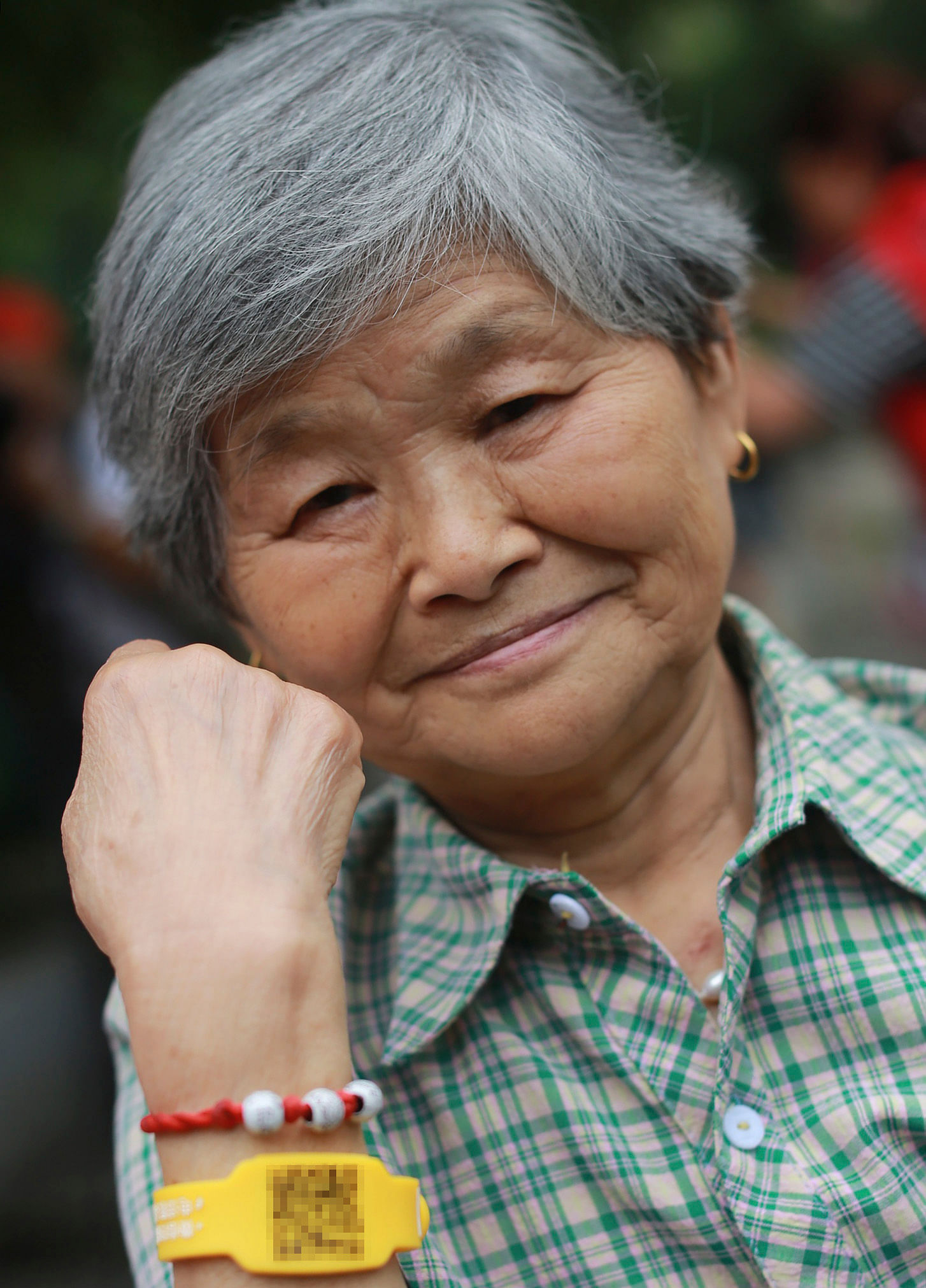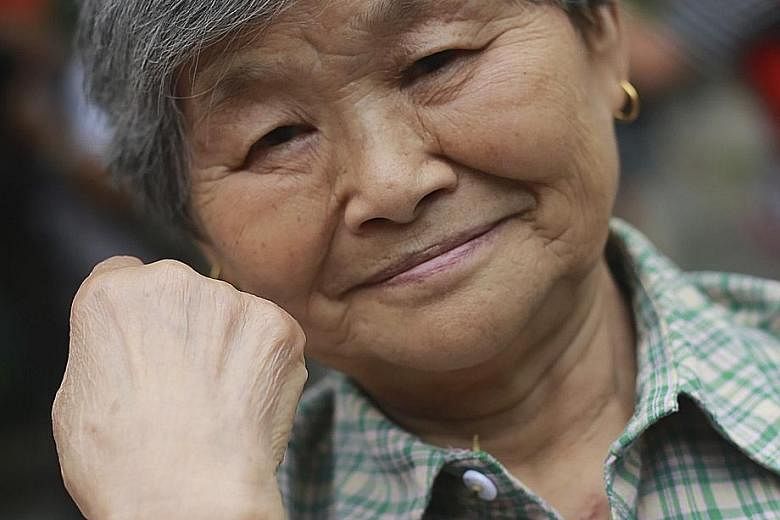TOKYO • The number of people with dementia who were reported missing in Japan hit a record high last year, according to new figures released on Thursday.
The figures highlighted the difficulty in dealing with eldercare in a rapidly ageing society like Japan.
Japan's National Police Agency said 15,432 people with dementia, including those suspected to be suffering from the condition, were reported missing in 2016, up 26.4 per cent from 2015, reported Kyodo News on Thursday.
By 2025, one in five of the over-65s - around 7.3 million people - in Japan will have dementia, the Health Ministry estimates, up from around 4.6 million now.
An increasing number of local governments have also begun strengthening efforts to track down missing dementia patients.
In Takasaki, north of Tokyo, the city government started renting Global Positioning System devices free to the families of elderly patients in October 2015 and has since managed to resolve 141 cases of missing people. In one successful case, a woman in her 80s who disappeared from a nursing facility in the rural and mountainous Gunma prefecture was found in Tokyo.
In Nara prefecture in western Japan, a missing man in his 60s was found and identified, thanks to a sticker on his sandal, which had been provided by a local municipal government.

In China, more than 1,370 people aged 60 or older go missing every day, or around 500,000 per year, according to the China White Paper on the Lost Elderly.
Around one in four of those missing had been diagnosed with dementia, according to the report.
There are about 10 million people with dementia in China, reported China Daily.

